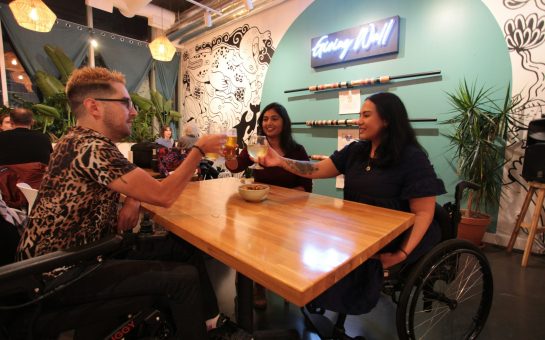A worrying number of diabetic Muslims are risking serious consequences by ignoring their GP’s advice and fasting during Ramadan, according to new research.
The study was conducted by the universities of Manchester and Keele and is the first of its kind in the UK.
According to the study, British Muslims saw fasting during Ramadan as a religious duty that must be fulfilled despite living with diabetes.
Lead author Dr Neesha Patel, from The University of Manchester, said that the majority of diabetic Muslims choose to fast because they do not class themselves as having an illness.
Dr Patel said: “Although the Islamic law states that the ‘sick’ can be exempt from fasting for one or all 30 days, the majority of Muslim respondents with diabetes do not perceive themselves as ‘sick’ and therefore choose to fast.
“We found many British Muslims we interviewed did not bring the topic up with their GP or practice nurse or avoided their surgery altogether that month for fear of being told not to fast.”
Dr Patel says the risks of not disclosing fasting to your GPs or practice nurses can have potentially serious consequences for diabetes control and future health.
“Non-adherence to daily diabetes regime may result in more Muslim patients suffering the risks and complications associated with diabetes, leading to poor quality of life and increased use of NHS health services,” she said.
Short-term risks of fasting include poor diabetes control and dehydration.
Longer-term risks can seriously reduce the quality of life and increase the chance of mortality.
The study found that some diabetic British Muslims avoided telling their GP or practice nurse they were fasting while others ignored the advice of their GP and chose to fast during the sacred month.
Some patients reported family pressure as a factor as well as feeling guilt and embarrassment for not fasting and some even admitted to eating daytime meals in secret.
Rania EL Khalil, from London, 17, has battled with diabetes since she was nine years old and chooses not to fast during Ramadan.
“I don’t fast as there’s a clear medical exemption for diabetic Muslims from fasting – 100% clear for type 1, though a medical opinion should be sought for type 2.
“While I don’t fast I try to make sure I give to charity, enough to feed a poor person for each meal I eat during the fasting period.”
Rania says she has never shied away from her GP during Ramadan, or ignored their professional advice.
While she says she doesn’t feel any pressure from her family to fast because of her condition, outside influences can sometimes factor.
“As the Muslim community is very diverse, there can be diverse opinions especially as not many people understand diabetes and the differences between types of diabetes,” she told MM.
“Unfortunately, pressures can emerge from among those who don’t know what the rules are.”
Jenne Patel, Diabetes UK Equality and Diversity Manager, says diabetic Muslims should seek advice during the sacred month rather than shying away.
She said: “It is concerning that this research suggests that some Muslims feel uncomfortable in talking about their fasting decisions with their doctor or practice nurse.
“We need to send out the message that everyone with diabetes who is considering fasting throughout Ramadan should speak to their doctor, practice nurse and their Imam, who can help people come to the decision that is right for them.”
Image courtesy of Ranoush, with thanks
For more on this story and many others, follow Mancunian Matters on Twitter and Facebook.



